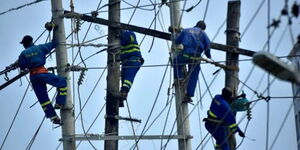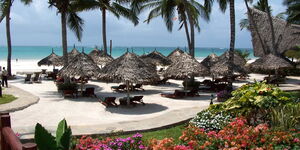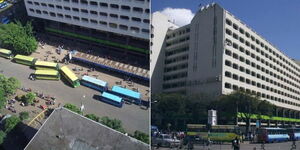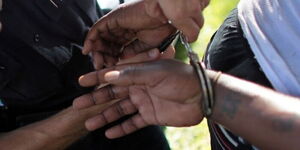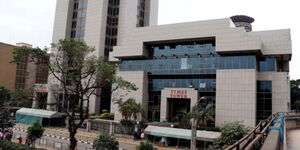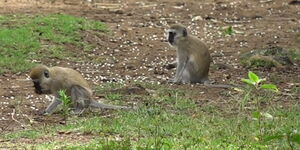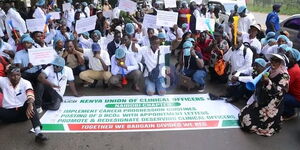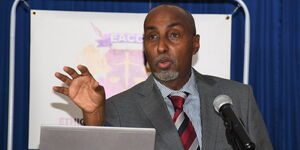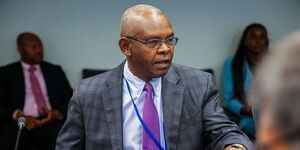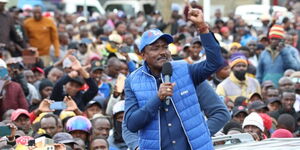In Kenya, dynasties are known to maintain long-lasting relationships, and as for the Mzee Jomo Kenyatta and Simeon Nyachae's families, theirs is too a long history.
In the 1940s, Mzee Kenyatta was wanted by the British authorities. It is during this period he met Senior Chief Musa Nyandusi, Nyachae's father, as published in the book by David K Leonard of the University of California Press titled African Successes.
Because of the multiplicity of his services to the colonial state, Nyandusi was quite influential within the British administration. His prominence enabled him to keep his 'indiscreet' relationships with the cause of African nationalism at its peak.
During this time, Kenyatta was preaching African nationalism when he heard of Nyandusi's fame that spread across the country and sought to meet him.
When Jomo Kenyatta toured Western Kenya in the 1940s to broaden the base for the cause of African rights, he stayed at Nyandusi's home.
As the conflict with the Britons intensified and the Mau Mau uprising began among the Kikuyu, Nyandusi kept his relationship with Kenyatta.
Although the chief's power and wealth was derived from his service to the British Crown, he shared with many other chiefs a deep resentment of European discrimination against Africans.
He held the belief that life would be even better in a state where the monopoly of foreigners in political power was broken. Thus many colonial chiefs covertly supported at least some African nationalist politicians.
On October 15, 1952, Kenyatta was campaigning for self-rule in Kisii when he received a tip-off that the colonial administration was seeking to arrest him. Nyandusi hid him for the night and helped him escape to Nairobi. The founding father was arrested five days later.
The Britons were furious when they discovered what Nyandusi had done, but he argued that he hosted the visitor as part of fulfilling African obligations of hospitality.
Despite such covert assistance to the African nationalist cause by some of the chiefs, none of them was able to survive the transition to independence. In the public's eye, the colonial chiefs were closely identified with the colonial rule, and in 1964, Home Affairs Minister Jaramogi Oginga Odinga scrapped the post.
The harsh rule which was instituted by the colonialists in response to the Mau Mau uprising in the early 1950s created a deep resentment against those who administered it.
Nyandusi had reached the age of mandatory retirement in 1964, and his departure, therefore, was routine rather than forced.
However, Kenyatta's relationship with Nyandusi continued when he appointed Simeon Nyachae, Nyandusi's son, as a district officer in Kangundo in 1960, as a district commissioner for Nyandarua in March 1963, and later a provincial commissioner for Central in 1964.
Nyachae served in the defunct provincial administration till 1979 and later as head of civil service under the Kenyatta regime, extending into retired President Daniel Toroitich Arap Moi's rule.
Nyachae joined elective politics in 1992 as an MP for Nyaribari Chache Constituency and was a vocal figure in politics until December 2007..

